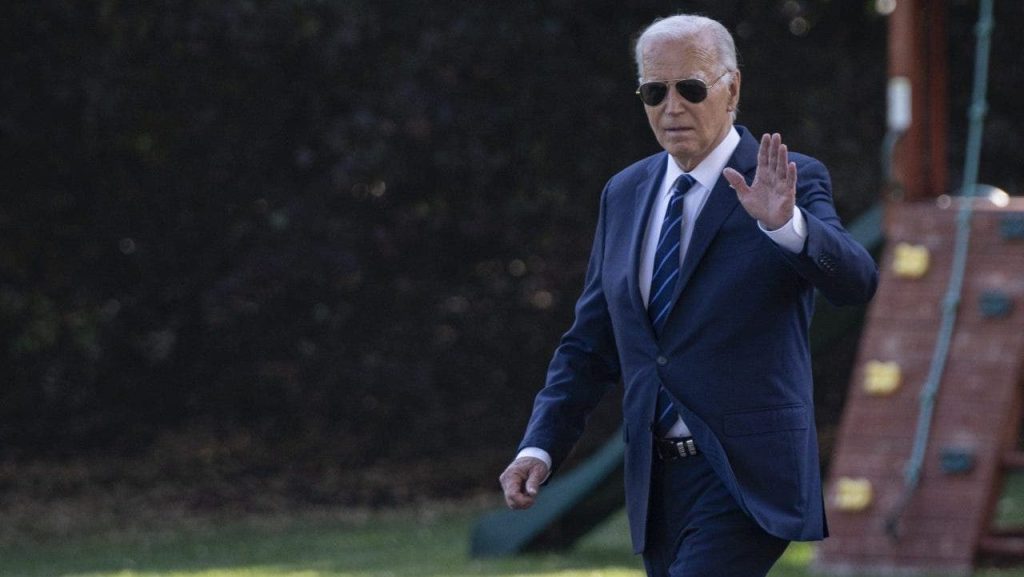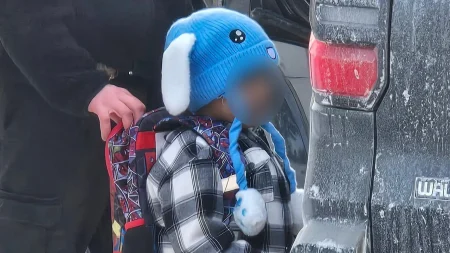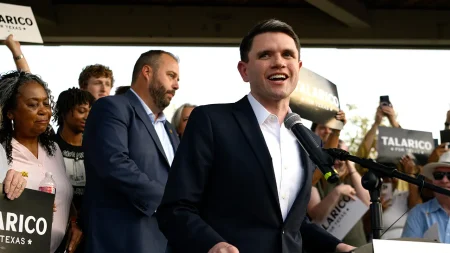President Joe Biden’s recent clemency initiative, the largest single-day grant in presidential history, has sparked both praise and controversy. The initiative encompasses two distinct actions: pardons, which fully absolve individuals of their crimes, and commutations, which reduce sentences. Biden granted 39 pardons and commuted nearly 1,500 sentences, focusing primarily on non-violent drug offenders and individuals serving lengthy sentences that would be considered excessive under current sentencing guidelines. This move follows a series of clemency grants throughout Biden’s presidency, signaling his commitment to criminal justice reform and second chances.
The pardons granted by President Biden were exclusively for non-violent offenses, with a significant portion related to drug crimes. The White House provided detailed justifications for each pardon, highlighting the recipients’ post-conviction rehabilitation efforts, community involvement, and professional or academic achievements. These narratives emphasized the individuals’ transformation and their contributions to society, supporting the argument for a second chance. While the specific nature of the non-drug-related offenses was not disclosed in detail, the focus remained on non-violent crimes, aligning with Biden’s stated commitment to addressing disparities in the criminal justice system.
The commutations largely targeted individuals serving lengthy sentences for offenses that would likely receive shorter sentences under current laws. All of these individuals were placed under home confinement during the COVID-19 pandemic, demonstrating their ability to successfully reintegrate into their communities without posing a threat to public safety. This factor, coupled with their successful reintegration, served as a key consideration in Biden’s decision to commute their sentences. The commutations reflect a broader movement towards reevaluating harsh sentencing practices and prioritizing rehabilitation over prolonged incarceration, particularly for non-violent offenses.
The timing of the clemency grants, coming just weeks before the end of Biden’s term and shortly after the controversial pardon of his son, Hunter Biden, has drawn significant attention. The pardon of Hunter Biden, who pleaded guilty to two misdemeanor tax charges, ignited criticism and accusations of favoritism. While the White House maintains that the pardons and commutations were based on individual merit and a commitment to second chances, the proximity to the Hunter Biden pardon inevitably casts a shadow over the broader clemency initiative. Critics argue that the timing appears politically motivated, an attempt to deflect attention from the controversy surrounding his son’s pardon.
The clemency initiative forms part of a larger pattern of similar actions throughout Biden’s presidency. He has consistently granted pardons and commutations, focusing on non-violent drug offenders and individuals impacted by outdated sentencing practices. Earlier clemency grants included individuals serving sentences under outdated drug laws and those released to home confinement during the COVID-19 pandemic. This consistent focus on specific categories of offenders underscores Biden’s stated commitment to addressing inequities within the criminal justice system and providing opportunities for rehabilitation and reintegration.
President Biden’s clemency initiative reflects a complex interplay of legal principles, political considerations, and social values. The focus on non-violent offenders and those serving disproportionately long sentences highlights a growing recognition of the need for criminal justice reform. However, the timing of the grants and the inclusion of his son in a previous pardon have fueled criticisms of political expediency and potential favoritism. The long-term impact of this clemency initiative will depend on how it is perceived by the public and its influence on future presidential actions in the realm of criminal justice reform.















